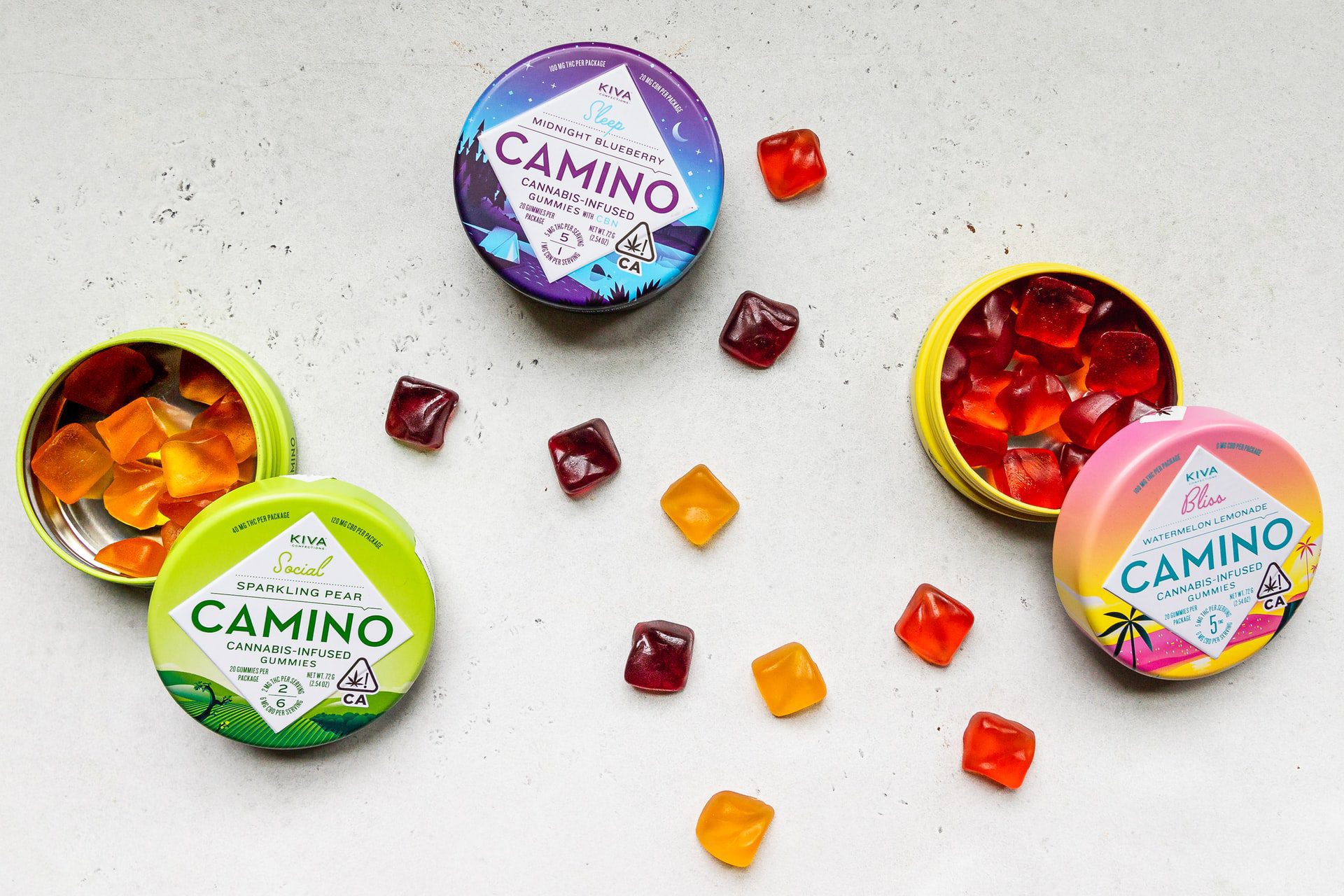Cannabis edibles are extremely popular among medical marijuana patients because they’re smoke-free and easy to consume, but are edibles dangerous? You’ve undoubtedly heard the stories of “bad trips” resulting from overconsumption, but there are ways to enjoy these products safely. Most importantly, always get a doctor’s consultation before using edibles. A knowledgeable physician can advise you on the dosage and what to expect.
What Are Edibles?
The term “edibles” is used to describe foods that have been infused with cannabis. For example, cannabis brownies, cookies, gummies, chocolates, and beverages, are all popular edibles. Edibles can be made at home, such as by mixing up a batch of cannabutter and incorporating it into baked goods—or they can be purchased from a dispensary.
Edibles provide an ideal delivery system for medicinal patients who are turned off by the thought of smoking. Not everyone enjoys filling their lungs with smoke, but everyone enjoys eating delicious foods. The trick is keeping your dosage under control.
Because edibles contain THC, they’re treated as Schedule 1 Controlled Substances by the federal government—just like other forms of marijuana. So in order to use them legally, you’ll need to live in a state with legal marijuana (such as California, Colorado, or Nevada), or you’ll need to have a valid medical marijuana card in your state. In light of COVID-19, a growing number of states are making it possible to obtain a medical marijuana card online.
Do Edibles Have Medicinal Value?
Edibles contain the same cannabinoids (active compounds) as any cannabis product, and so they have the potential to offer the same medicinal benefit as a marijuana cigarette, vape oil, or tincture.
It’s important to note, however, that overconsumption may negate the medicinal benefits. Marijuana is known for having biphasic properties, which means that high doses may promote the opposite effect of low doses. For example, a low dose of marijuana may help you keep your anxiety under control, but a high dose may cause your anxiety to surge. Because edibles are more potent than other cannabis delivery systems, conservative dosing is especially critical.
Are Edibles Dangerous?
While edibles are well-tolerated when used responsibly, they can have symptoms that are far more severe than those associated with smoking marijuana. The main problem is that people grossly overestimate the necessary dosage. Some users overindulge because they don’t realize the heightened potency of edibles and because they don’t realize that edibles’ effects take longer to kick in.
When you smoke a marijuana cigarette, the THC enters your bloodstream via the respiratory system. The process is quick and straightforward. However, when you consume a marijuana edible, the plant is partially digested and metabolized by your liver. The liver releases metabolites that are far more psychoactive than the THC, resulting in a much more powerful buzz.
When the dosage isn’t carefully monitored, edibles consumption can lead to a slew of temporary but severe side effects including confusion, drowsiness, agitation, paranoia, panic attacks, hallucinations, and psychiatric episodes.
Are the Effects of Edibles Permanent?
The effects of overindulging in edibles can be severe, but they typically wear off within 4 to 8 hours. In extreme cases, the symptoms can last up to 24 hours. Long-term effects are rare but are most likely to manifest in younger users, particularly teenagers.
The teenage brain isn’t fully developed, and so repeated overindulgence in edibles may result in long-term mental issues, including cannabis dependence, memory deficits, or various mental health challenges. That’s why it’s recommended to speak with a doctor before using edibles, especially if the patient is young.
The good news is that a life-threatening overdose is extremely unlikely, almost unheard of.
What to Do After Overindulging on Edibles
If you or someone you love finds themselves in the throes of a powerful psychoactive reaction after taking edibles, the most important thing is to remain calm. You’ll need to drink a lot of water and stay hydrated. You can also take CBD oil, as this may help you to come down sooner. Cannabidiol is known to offset the effects of THC.
When all else fails, the best thing you can do is sleep it off. You might wake up groggy and dehydrated, but the psychoactive effects will usually have worn off by this point. If you’re concerned that you or someone you love may present harm to themselves or others, call 911 right away.
How to Consume Edibles Safely
Consuming edibles safely is all about keeping the dosage under control. This can be difficult, as dosages are often imprecise on commercially sold edibles. So just do the best you can, and always start small.
Given the high potency of these products, you should always start with a maximum of 2 to 5 milligrams of THC. So if a brownie has 100 milligrams, you can break it into 20 pieces and take just one per serving. Then you can slowly and gradually increase the dosage with subsequent servings if you feel comfortable doing so or if you don’t achieve the desired effects.
Remember, edibles can take up to an hour—sometimes longer—to take effect. So don’t make the all-too-common mistake of taking another bite just because you don’t feel anything right away. The onset is slow, but when it hits, it hits hard.
If you’re taking edibles for the first time or you’re still relatively new to the process, don’t consume while alone. Have a trusted friend or family member on hand to watch over you and provide moral support.
So are edibles dangerous? Yes and no. Edibles can be an excellent choice for medical marijuana patients seeking an alternative to smoking, but they do require a heightened level of caution due to their high potency. So speak to your doctor first and foremost, and always monitor your doses carefully.

Leave a Reply